For bird enthusiasts seeking companions with exceptional cognitive abilities, certain exotic species stand out for their intelligence, problem-solving skills, and capacity to learn. These feathered geniuses can recognize faces, solve complex puzzles, use tools, and even develop impressive vocabularies. While intelligence brings engaging interactions and fascinating behaviors, it also means these birds require significant mental stimulation and social engagement to prevent boredom and behavioral issues. This article explores the most intellectually gifted exotic birds suitable as pets, highlighting their unique capabilities and special care requirements that potential owners should consider before bringing these brilliant avian companions home.
African Grey Parrots: The Einstein of Bird World
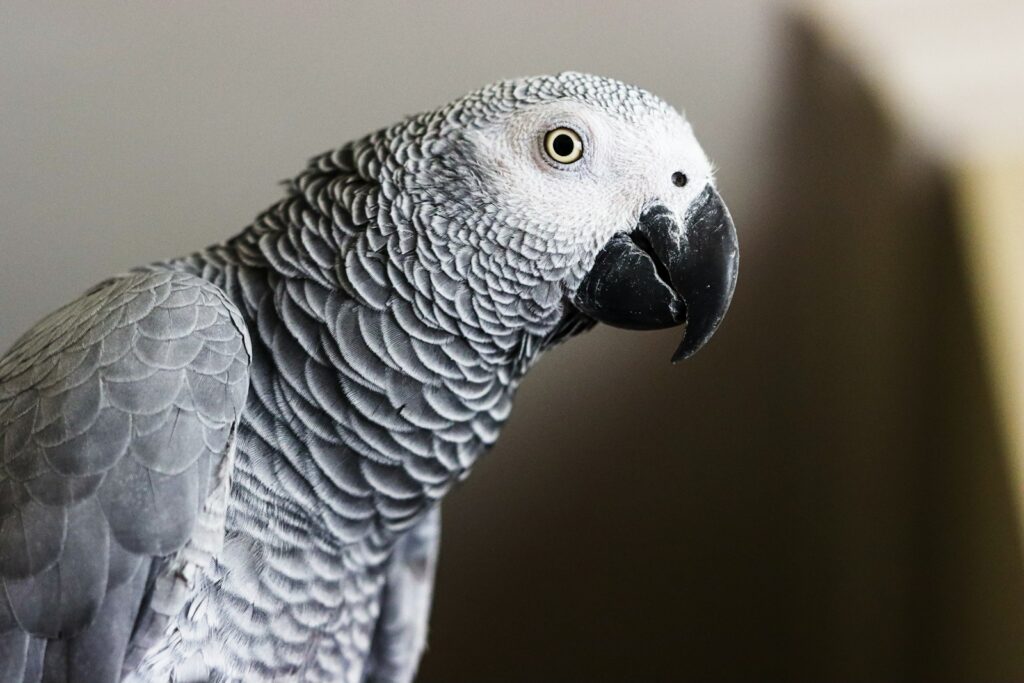
African Grey Parrots consistently rank as the most intelligent bird species you can keep as a pet, with cognitive abilities comparable to a 5-year-old human child. These magnificent grey birds with striking red tail feathers possess extraordinary language capabilities, with documented vocabularies exceeding 1,000 words and the ability to use language contextually. Famous African Greys like Alex, studied by Dr. Irene Pepperberg, demonstrated understanding of numbers, colors, shapes, and even grasped the concept of zero. Their intelligence extends beyond mimicry to actual comprehension, allowing them to form sentences, ask questions, and even make jokes, making interactions with these birds particularly rewarding for owners willing to invest time in their mental development.
Amazon Parrots: The Charismatic Intellectuals
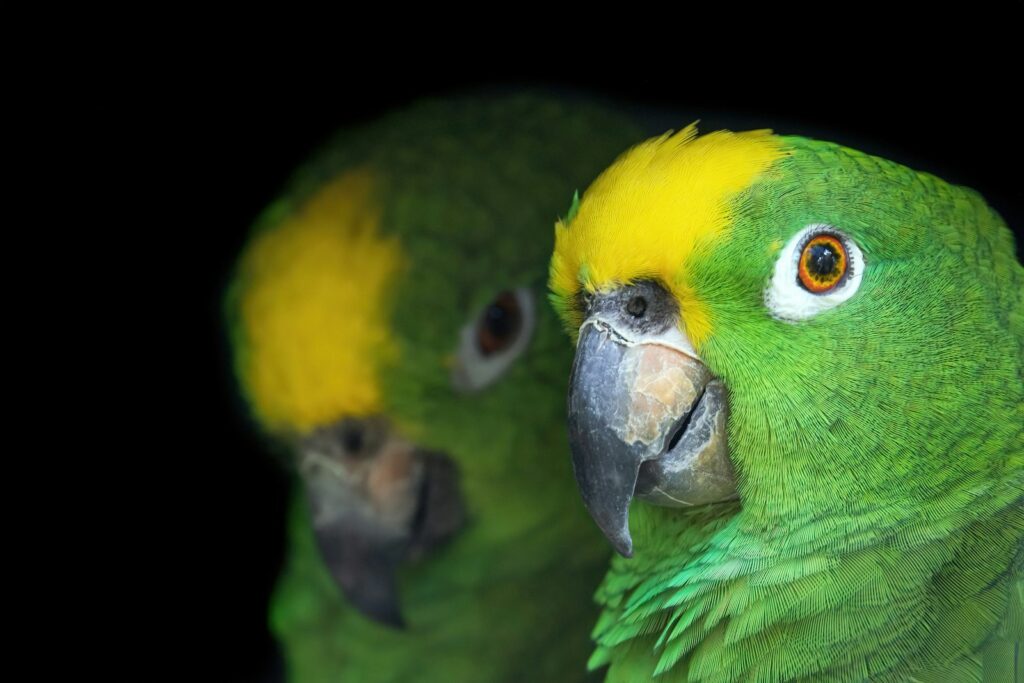
Amazon parrots, with their vibrant green plumage and colorful facial markings, combine high intelligence with exuberant personalities. These social butterflies excel at vocal mimicry, often developing extensive vocabularies and even mimicking household sounds like telephones, doorbells, and microwave beeps with astonishing accuracy. Their problem-solving abilities enable them to figure out simple locks and puzzles, making toy rotation essential to prevent boredom. Yellow-naped and Double Yellow-headed Amazons typically demonstrate the highest cognitive abilities among Amazon species, though all varieties display remarkable memory, often remembering phrases and tricks years after initially learning them. Their intelligence is matched by their strong personalities, so they thrive with owners who can provide consistent interaction and mental challenges.
Cockatoos: The Emotional Geniuses
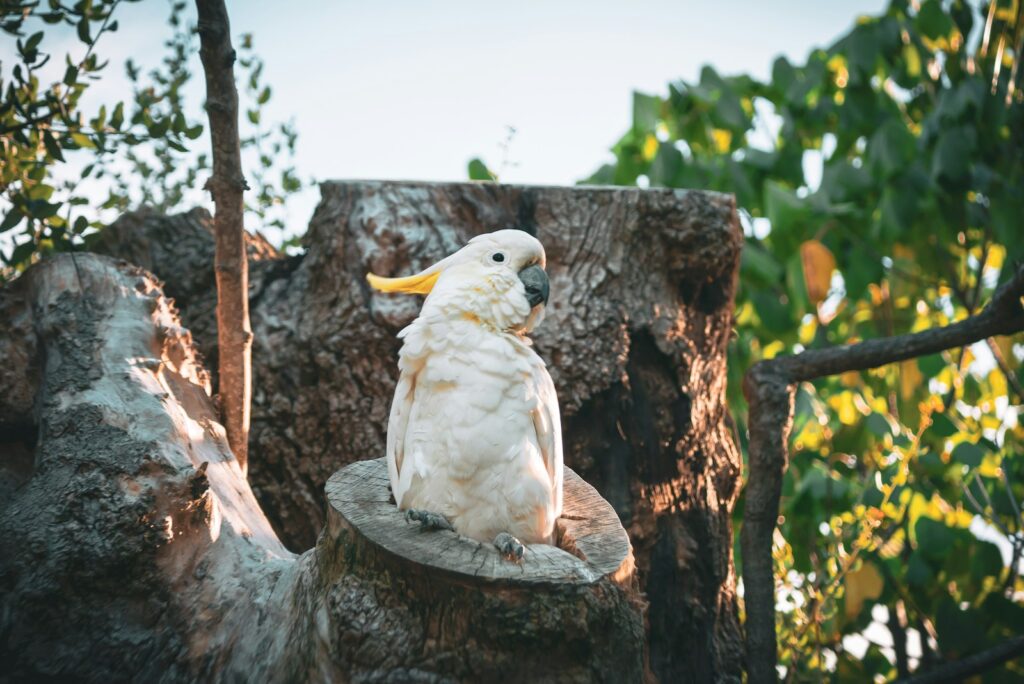
Cockatoos stand out not just for their problem-solving intelligence but for their exceptional emotional intelligence and empathy. These striking birds with their distinctive crests form deep bonds with their owners and can sense human emotions, often responding with comfort when their caregiver is upset. Their tool-using capabilities are impressive—cockatoos have been observed crafting their own tools from materials to reach food or solve puzzles. The Goffin’s cockatoo, in particular, has amazed researchers with its ability to solve sequential lock puzzles requiring multiple steps performed in the correct order. Behind their cuddly, affectionate exterior lies a mind constantly seeking stimulation, making these birds particularly challenging for owners who cannot provide several hours of daily interaction and new challenges.
Macaws: The Brilliant Show-Stoppers
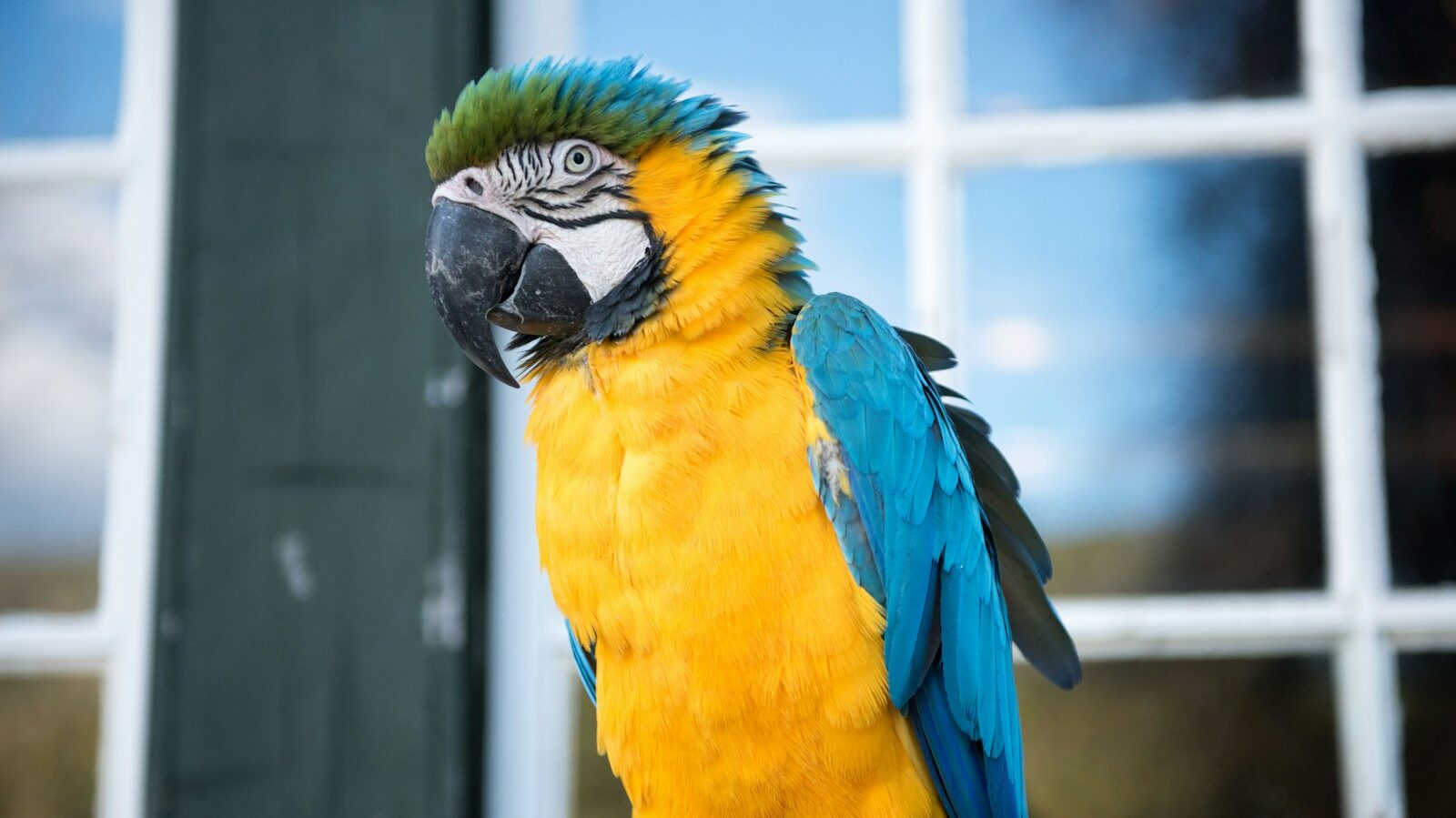
Macaws combine their spectacular appearance with impressive cognitive abilities that often surprise even experienced bird owners. These large, colorful parrots can learn dozens of words and phrases, understand simple counting concepts, and recognize numerous objects by name. Their problem-solving skills manifest in their ability to manipulate complicated toys and solve puzzles designed specifically to challenge parrot intelligence. Blue and Gold Macaws and Scarlet Macaws typically demonstrate the highest intelligence among macaw species, exhibiting self-awareness when presented with mirrors and showcasing impressive memory for people and routines. Their social intelligence also stands out—macaws form complex social hierarchies and remember interactions with both humans and other birds for years, making them particularly adept at training when positive reinforcement methods are used.
Eclectus Parrots: The Gender-Diverse Thinkers
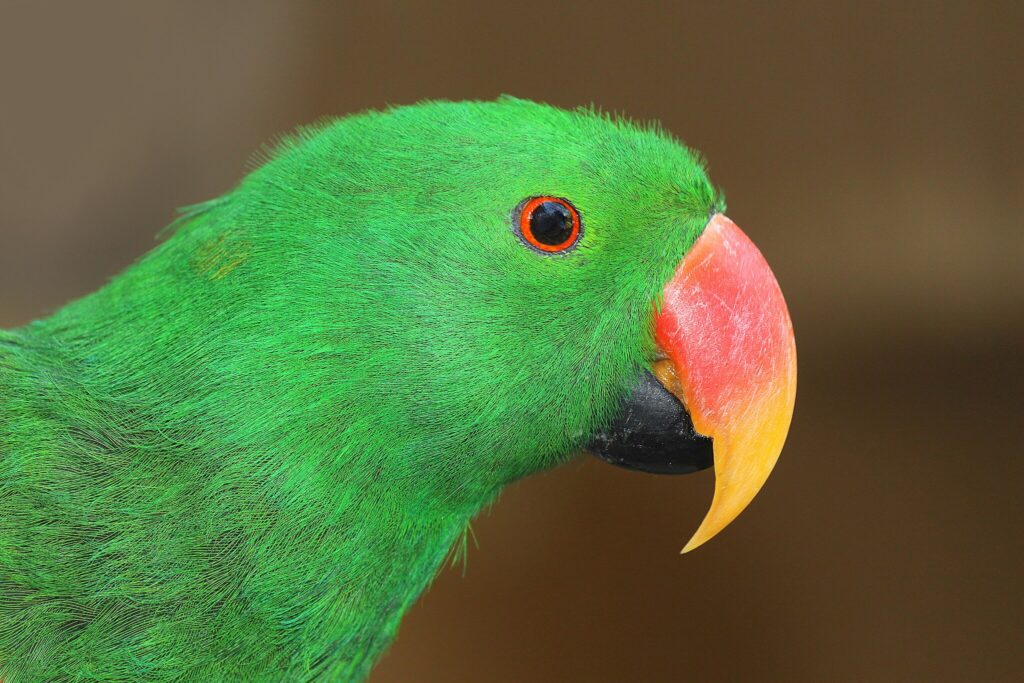
Eclectus parrots, known for their dramatic sexual dimorphism (emerald green males and brilliant red and blue females), exhibit distinct intelligence patterns between genders. Female Eclectus typically display more analytical problem-solving skills and tend to be more methodical in their approach to puzzles and challenges. Males often excel at vocal abilities and social interactions, making them slightly more adept at language acquisition and mimicry. Both sexes show remarkable observational learning—watching and replicating human behaviors like opening containers, unscrewing bottle caps, or operating simple latches. Their intelligence manifests as a calm thoughtfulness rather than hyperactive curiosity, with these birds often studying a situation carefully before taking action, a trait that makes them both excellent learners and somewhat easier to manage than some other intelligent species.
Conures: The Pocket-Sized Prodigies
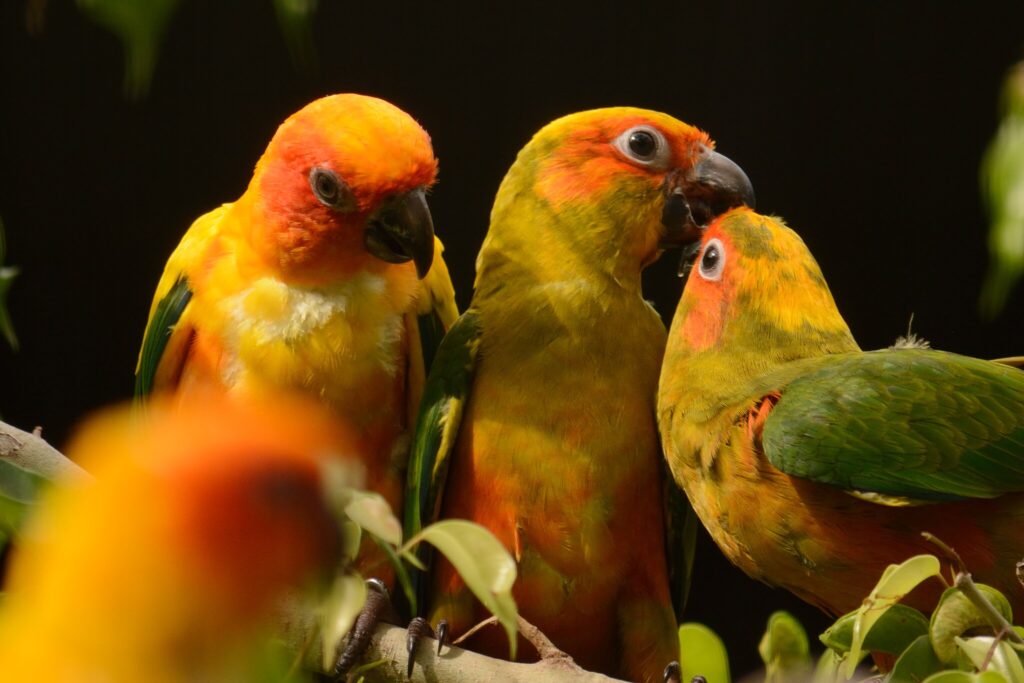
Conures, particularly Sun and Jenday varieties, pack impressive intelligence into their medium-sized frames, offering a smart option for owners with space constraints. These vibrant birds excel at trick training, readily learning to wave, turn around, play dead, and even retrieve small objects on command when properly motivated. Their problem-solving abilities often manifest through escape artistry—figuring out cage latches and finding creative ways to access forbidden areas or treats. Conures communicate with a diverse repertoire of vocalizations and body language that attentive owners can learn to interpret, with many developing a small vocabulary of clearly spoken words and phrases. Their intelligence combines with playful energy to create birds that require significant enrichment through training sessions, puzzle toys, and foraging opportunities to prevent behavioral issues that stem from boredom.
Pionus Parrots: The Understated Intellects
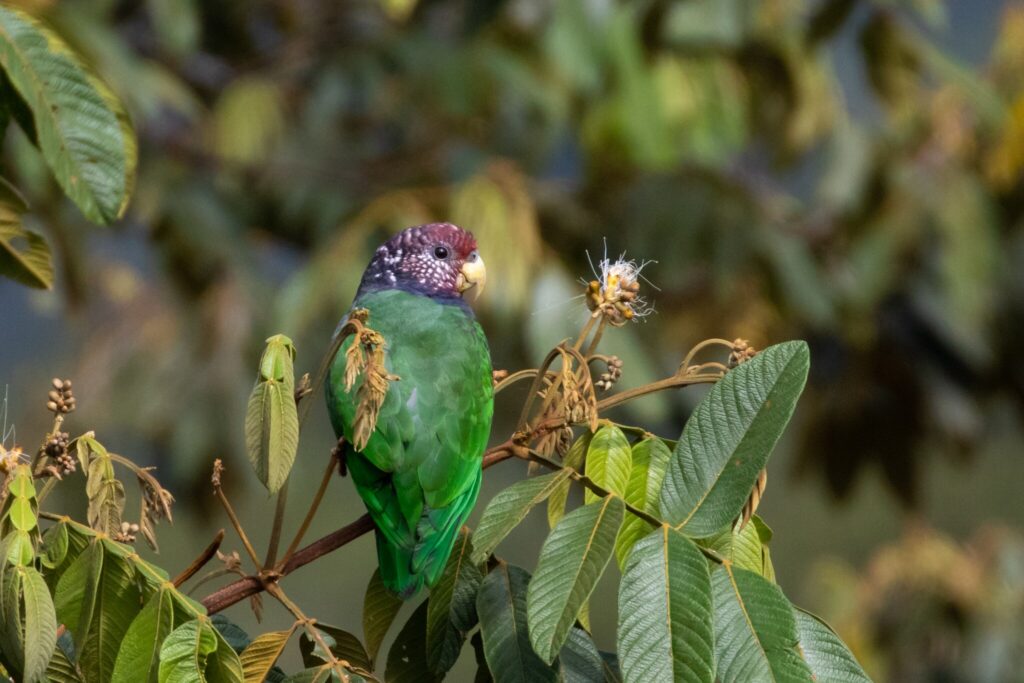
Pionus parrots often get overlooked in discussions of avian intelligence, but these medium-sized birds possess subtle yet impressive cognitive abilities. Though less flamboyant in displaying their smarts than African Greys or cockatoos, Pionus parrots demonstrate excellent memory, sophisticated problem-solving skills, and the ability to make complex associations between actions and outcomes. Their intelligence tends toward practical application—figuring out how to access food, manipulating objects to achieve goals, and learning routines with minimal repetition. Blue-headed and White-capped Pionus varieties typically show the most advanced learning capabilities among the species. Their quieter nature doesn’t indicate less intelligence but rather a more thoughtful approach to challenges, making them excellent pets for owners who appreciate subtle cognitive engagement rather than theatrical displays of bird brilliance.
Caiques: The Playful Geniuses
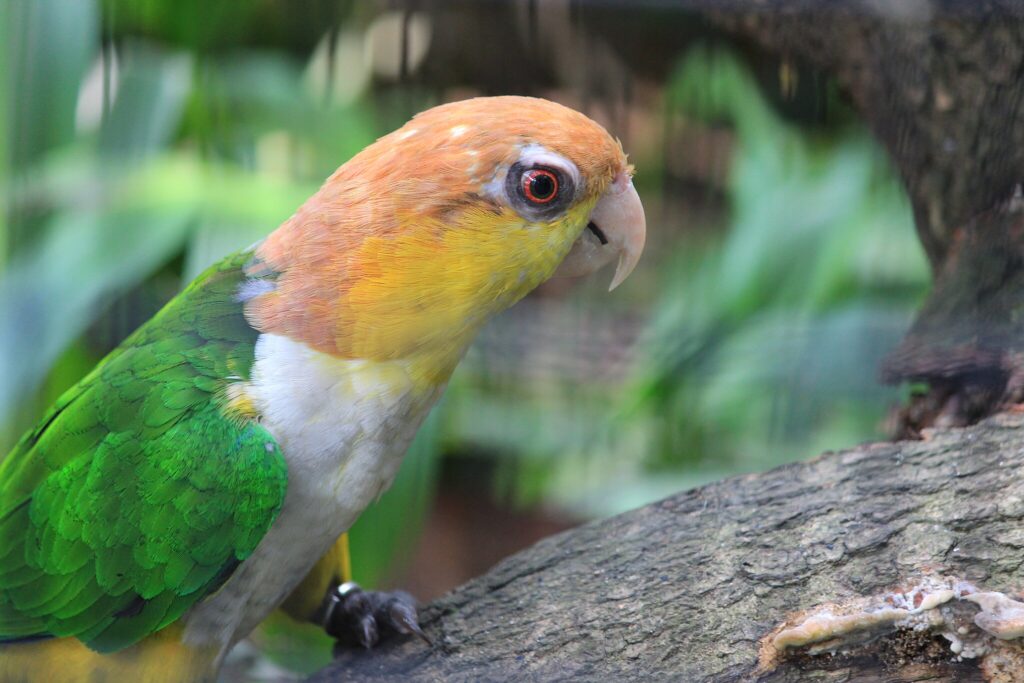
Caiques combine extraordinary intelligence with an almost boundless energy and playfulness that makes their cognitive abilities particularly entertaining to observe. These “clowns of the parrot world” excel at manipulating objects, often inventing their own games using toys, balls, or household items, demonstrating creativity alongside problem-solving skills. Their spatial intelligence is particularly notable—caiques navigate three-dimensional challenges with ease, remembering the location of hidden treats and mastering complex playground-style setups designed for birds. While not known for extensive vocabularies compared to some larger parrots, their comprehension of human communication is excellent, with caiques responding appropriately to dozens of phrases or commands. Their intelligence requires constant stimulation through new toys, puzzles, and interaction, making them unsuitable for owners unable to provide daily playtime and engagement.
Poicephalus Parrots: The Focused Intellectuals
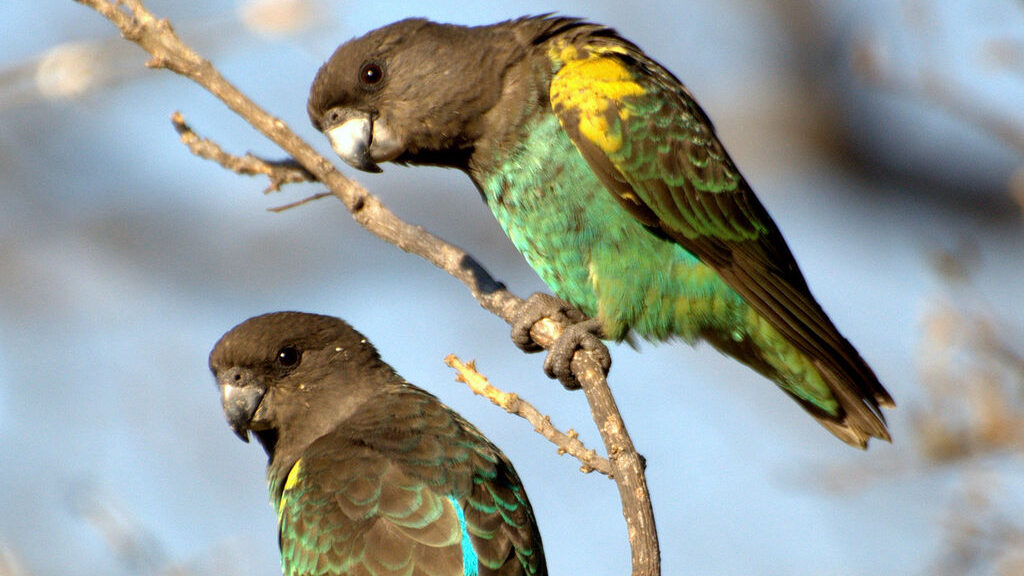
The Poicephalus family, including Senegal and Meyer’s parrots, demonstrates remarkable focused intelligence and attention spans unusual in the bird world. These compact African parrots can concentrate on solving a single problem or mastering a specific task with determination that exceeds many larger species. Their learning style tends toward methodical mastery rather than rapid acquisition of multiple tricks, with these birds often becoming exceptionally proficient at selected skills or behaviors. Poicephalus parrots show excellent observational learning, carefully watching their environment and the actions of their owners before attempting new behaviors themselves. Their intelligence manifests in their adaptability to routines and their excellent emotional regulation—these birds typically understand appropriate behavior in different contexts and adjust accordingly, a sophisticated cognitive skill that makes them excellent companions for owners who appreciate quiet intelligence over flashy performances.
Moustached Parakeets: The Overlooked Scholars
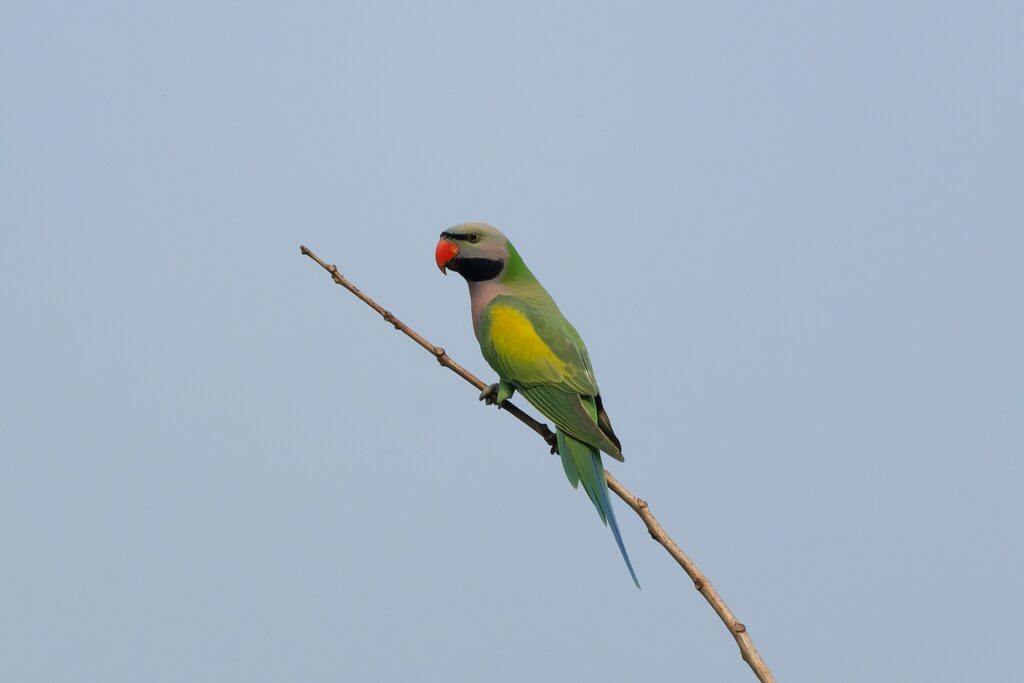
Moustached parakeets (Psittacula alexandri) represent one of the most underrated intelligent bird species available in the pet trade. These medium-sized Asian parakeets demonstrate remarkable problem-solving abilities, excellent memory, and impressive vocal capabilities, including clear speech and contextual use of learned phrases. Their intelligence manifests particularly in social learning—these birds observe and replicate behaviors from both humans and other birds with minimal training repetitions. Moustached parakeets quickly learn to associate specific sounds with upcoming events and can recognize dozens of objects by name when properly trained. Their cognitive abilities extend to understanding cause and effect relationships at a sophisticated level, with these birds often figuring out how to manipulate their environment to achieve desired outcomes, whether opening container lids or operating simple mechanisms to access treats or toys.
Enrichment Requirements for Intelligent Birds
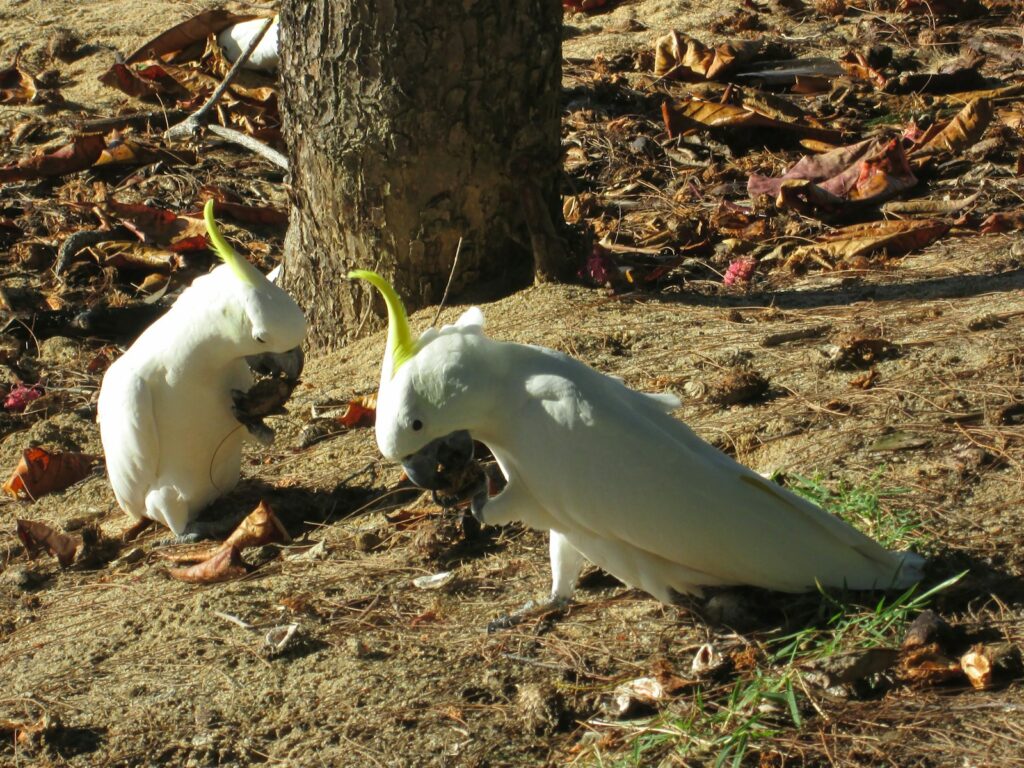
The exceptional cognitive abilities of these smart exotic birds create a corresponding need for sophisticated environmental enrichment to prevent boredom and destructive behaviors. Puzzle toys that require multiple steps to access treats provide essential mental challenges, with complexity needing to increase as birds master simpler versions. Foraging opportunities should constitute a significant portion of feeding time, with clever birds benefiting from food hidden in specialized toys or wrapped in paper that must be unwrapped to access meals. Rotation of toys on a regular schedule prevents habituation, with the smartest species requiring new challenges weekly or even daily. Social enrichment remains equally crucial, with these intelligent birds requiring daily interaction with their human companions, including training sessions, language practice, and simply being included in family activities where they can observe and engage with the household dynamics.
Behavioral Challenges of Intelligent Birds
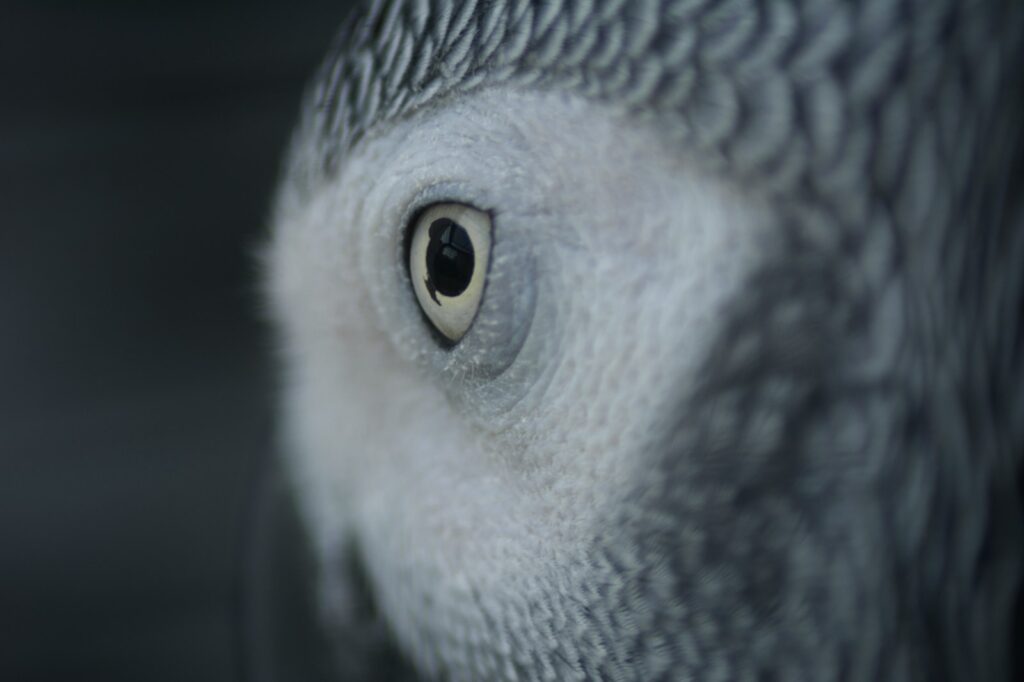
The impressive cognitive abilities of these exotic birds create unique behavioral challenges that prospective owners must anticipate and address. Intelligent birds quickly become bored without adequate stimulation, leading to problematic behaviors including excessive screaming, feather plucking, aggressive responses, and destructive chewing of furniture or household items. Many smart species, particularly African Greys and cockatoos, develop phobias or anxieties more readily than less intelligent birds, requiring careful introduction to new experiences and consistent routines. Their ability to learn extends to undesirable behaviors—these birds quickly associate actions with rewards and may develop manipulative behaviors to obtain attention or treats. Perhaps most challenging is their need for consistent, respectful handling; intelligent birds recognize and resent perceived mistreatment and may develop lasting behavioral issues in response to negative interactions, requiring owners to maintain consistent, positive training approaches and emotional regulation around these perceptive companions.
Ethical Considerations Before Adoption
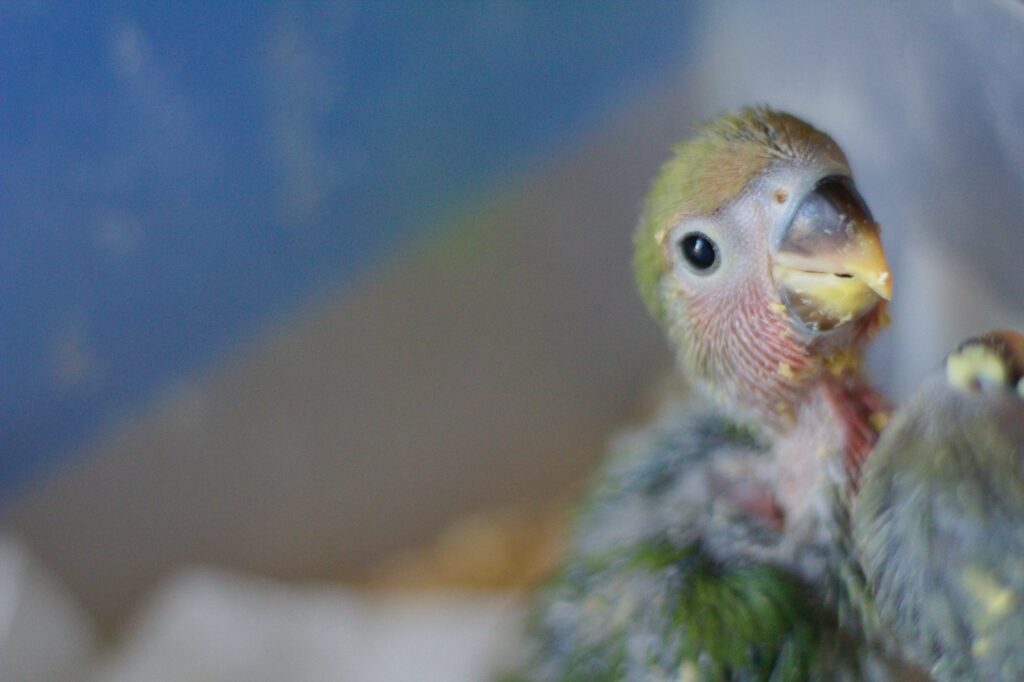
The remarkable intelligence of these exotic birds creates ethical obligations that extend far beyond those associated with more traditional pets. With lifespans ranging from 20-80 years, depending on species, adopting these intelligent companions represents a multi-decade commitment, potentially extending across significant life changes for the owner. Their cognitive complexity creates a moral imperative to provide sufficient mental stimulation, social interaction, and physical activity—failure to meet these needs constitutes a form of deprivation particularly harmful to these self-aware creatures. Potential owners must honestly evaluate their long-term ability to provide appropriate care, considering factors like housing stability, financial resources for veterinary care, and time availability for daily interaction. For many of these species, adoption from rescues represents the most ethical option, as thousands of intelligent birds already need homes due to owners underestimating their complex needs and substantial time commitment.
Bringing an intelligent, exotic bird into your home offers unique rewards—a companion who recognizes you individually, communicates meaningfully, solves problems alongside you, and forms a bond that can span decades. The cognitive abilities of these avian wonders create interactions unlike any other pet relationship, with many owners describing their birds as feathered companions with distinct personalities and emotional lives rather than simply pets. However, this intelligence creates corresponding responsibilities to provide adequate stimulation, social engagement, and appropriate care throughout their long lives. For those prepared to meet these needs, these brilliant birds offer an unparalleled opportunity to share your home with a different kind of intelligence—one that provides a window into how cognitive abilities can evolve in ways both similar to and distinctly different from our human understanding of what it means to be smart.

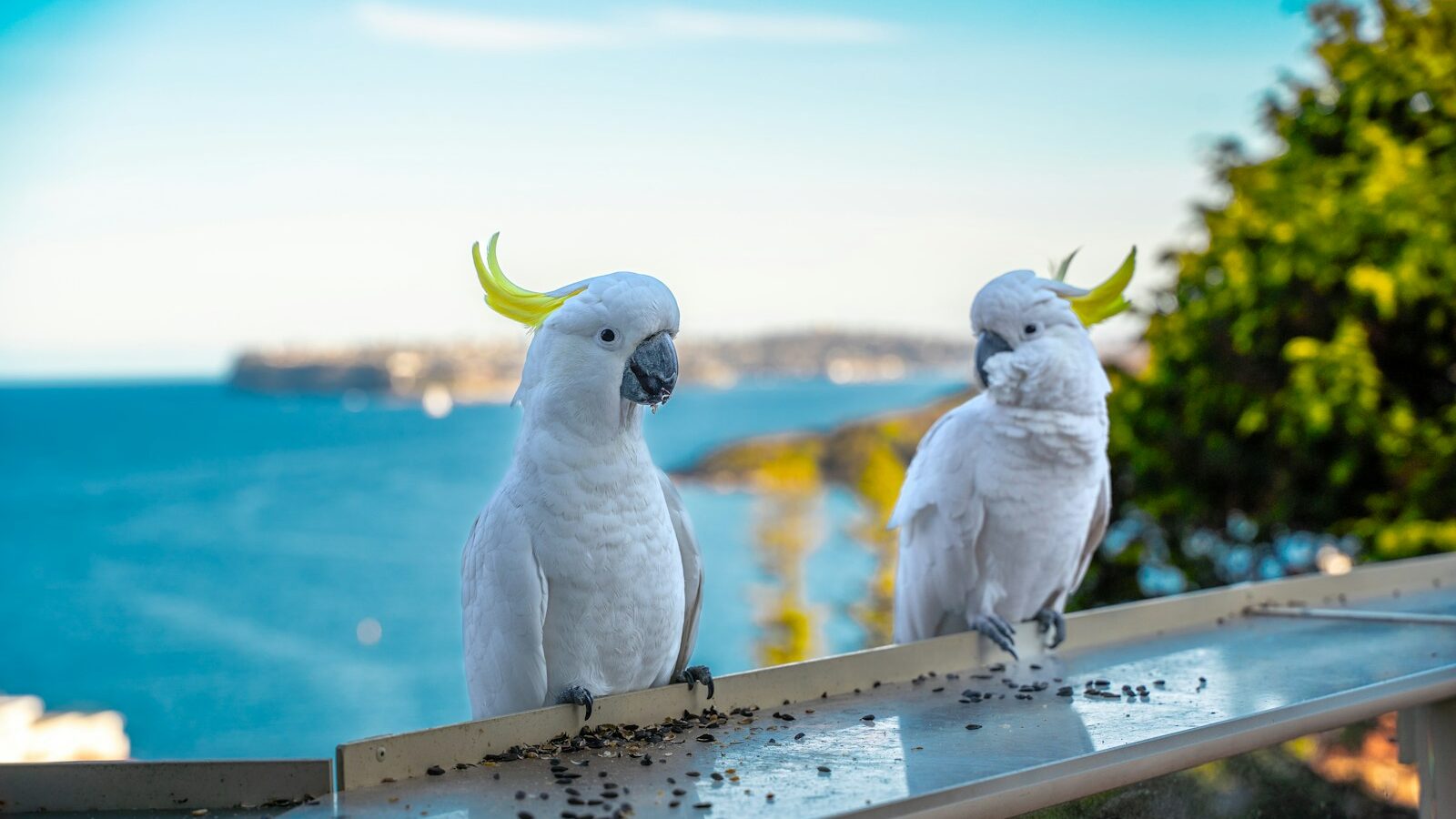
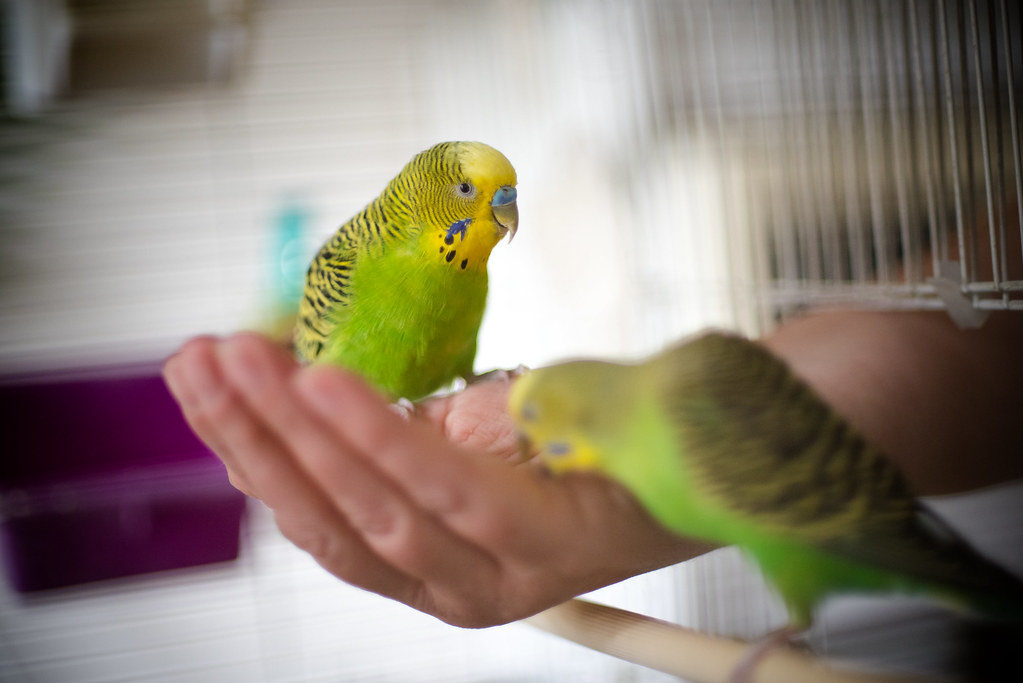
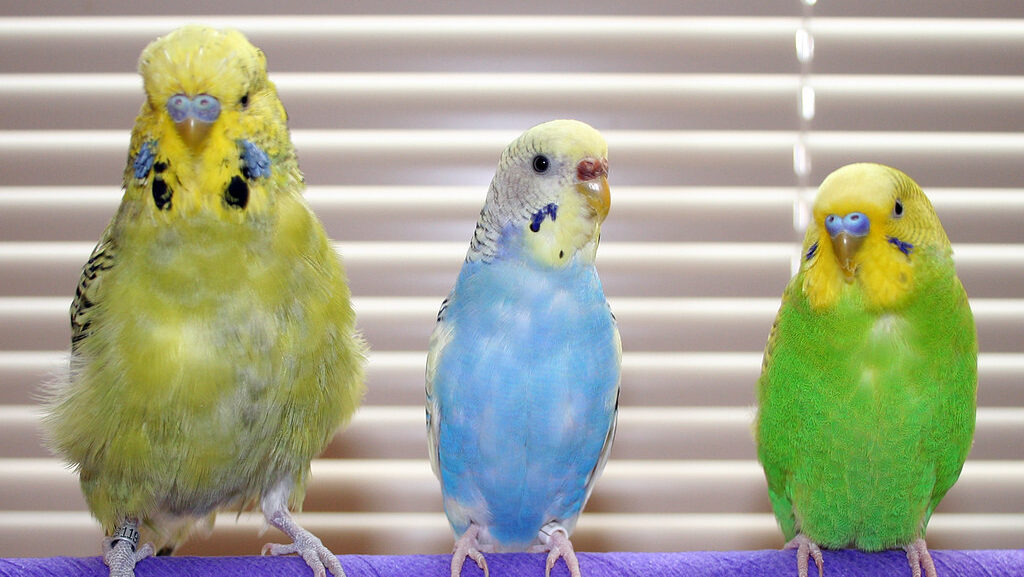
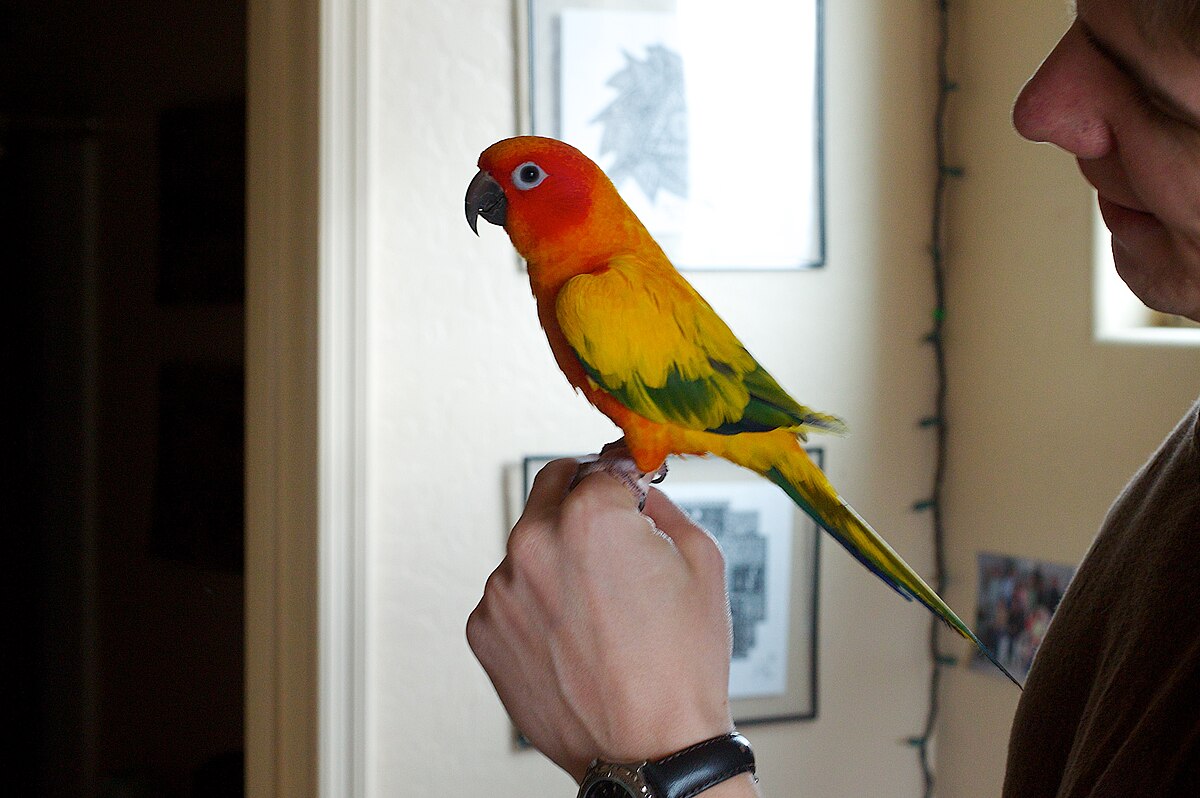
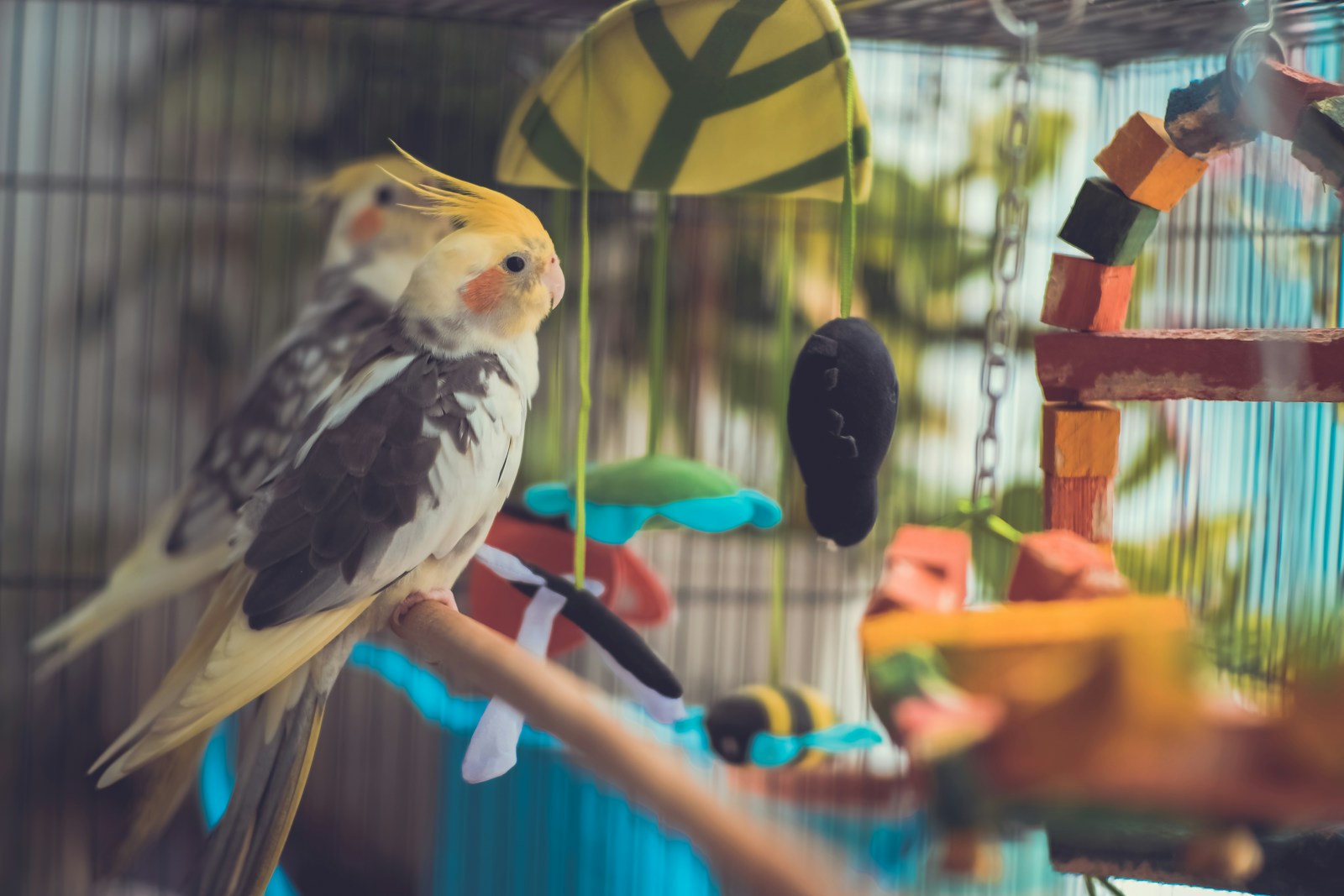
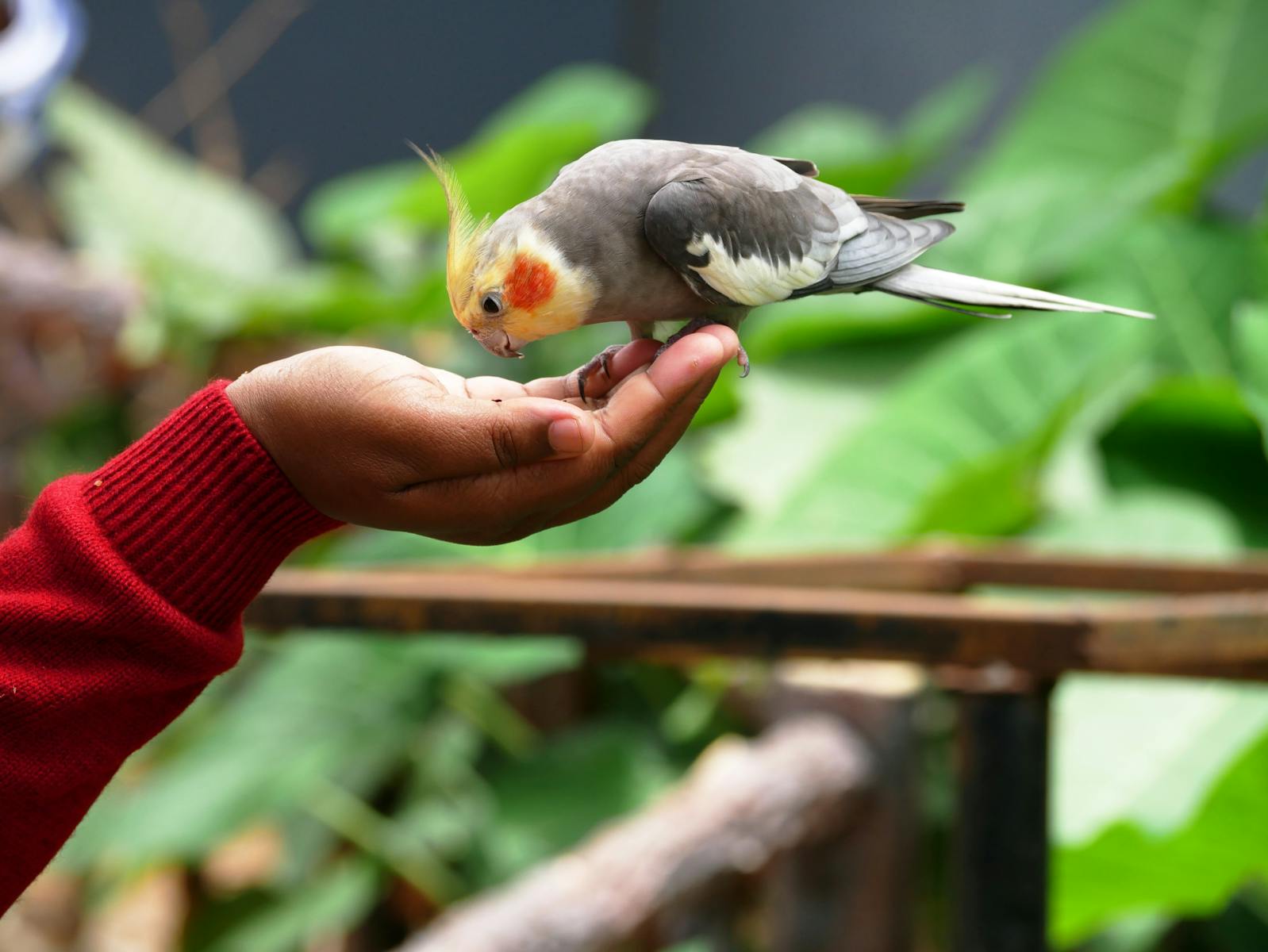
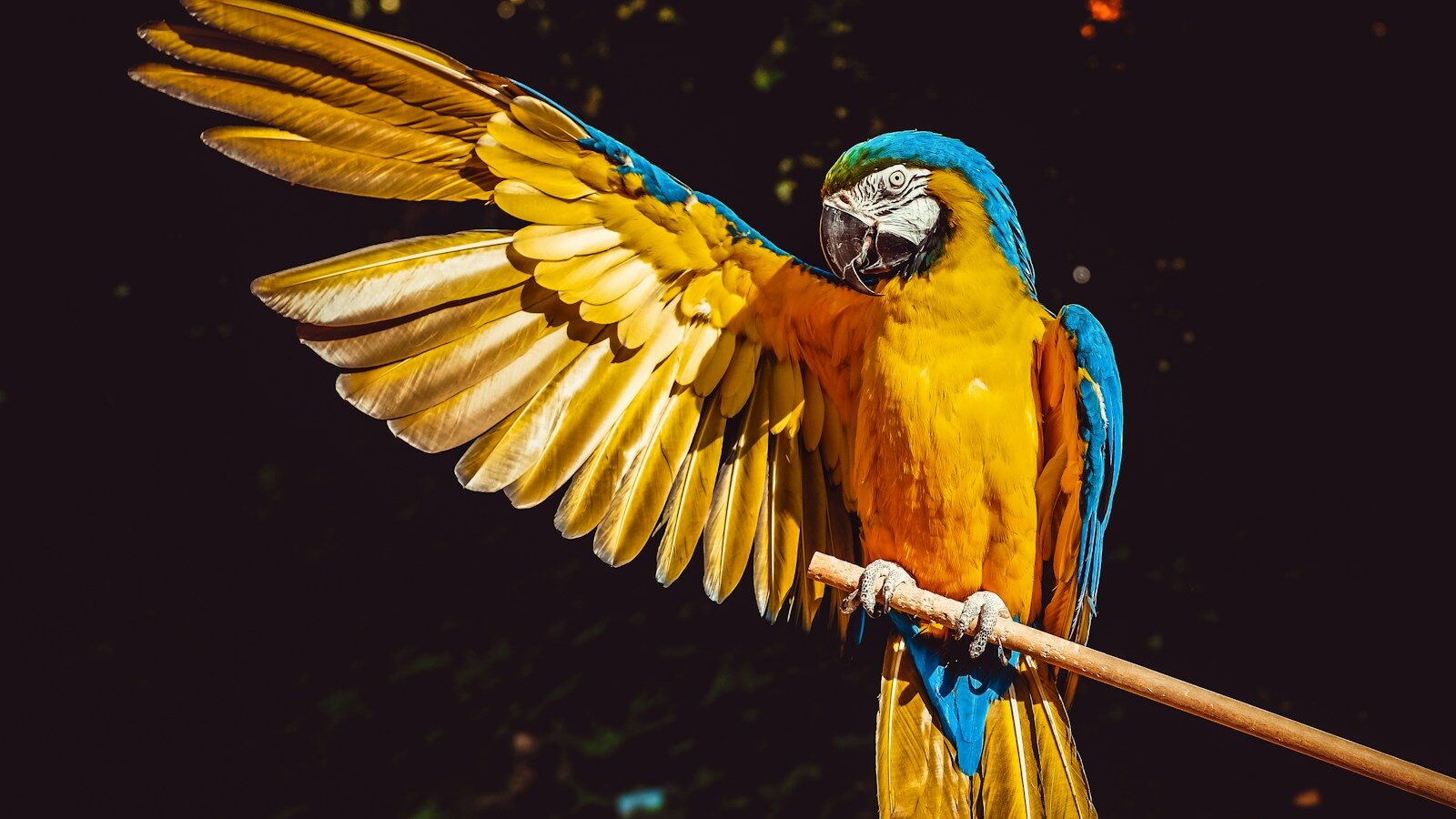

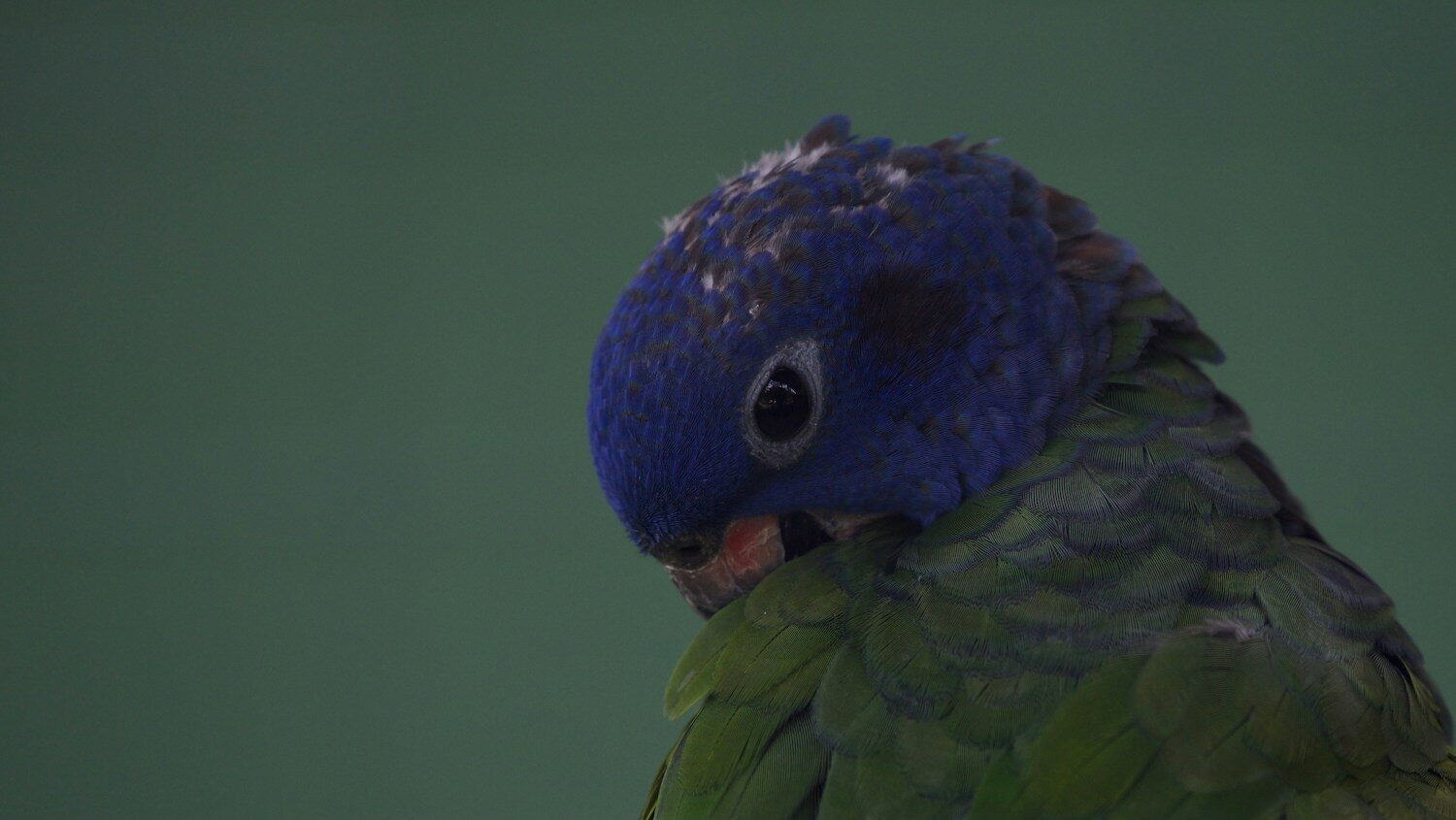
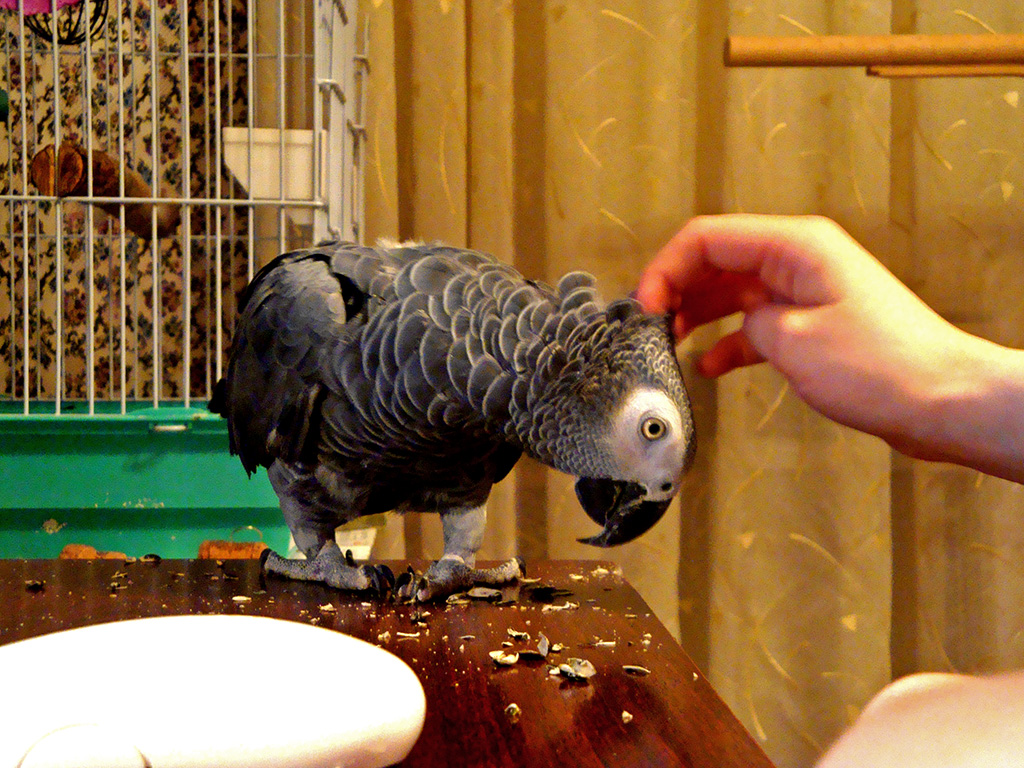
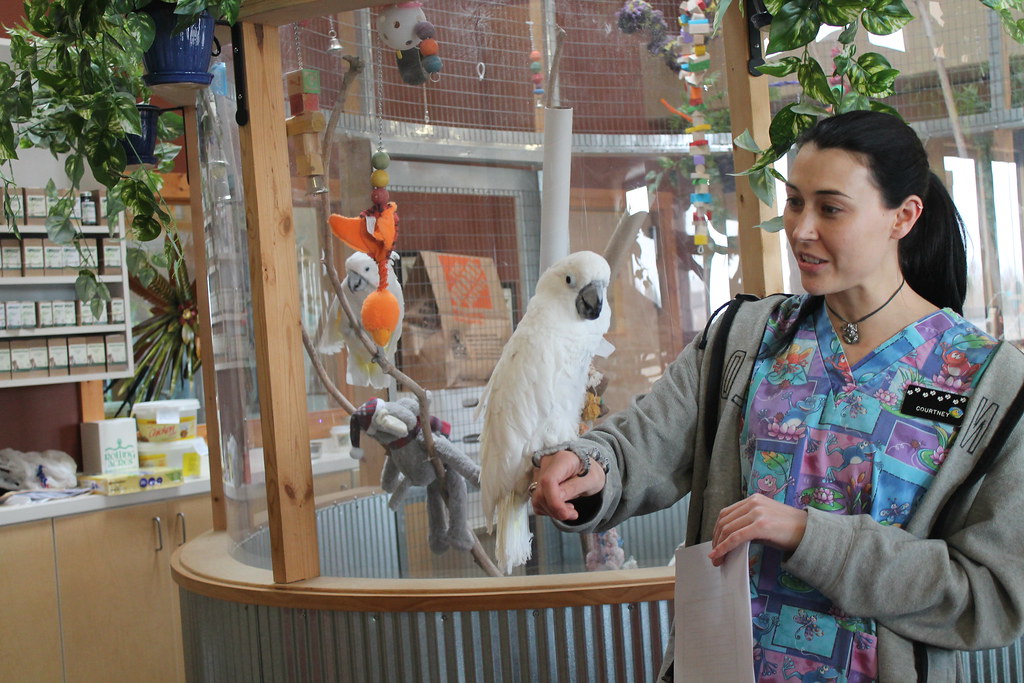
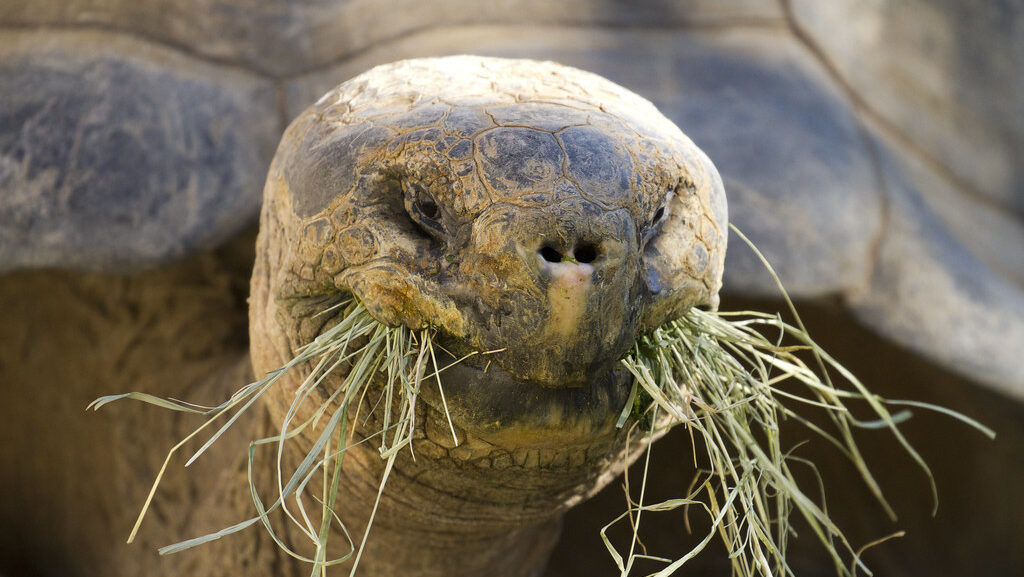
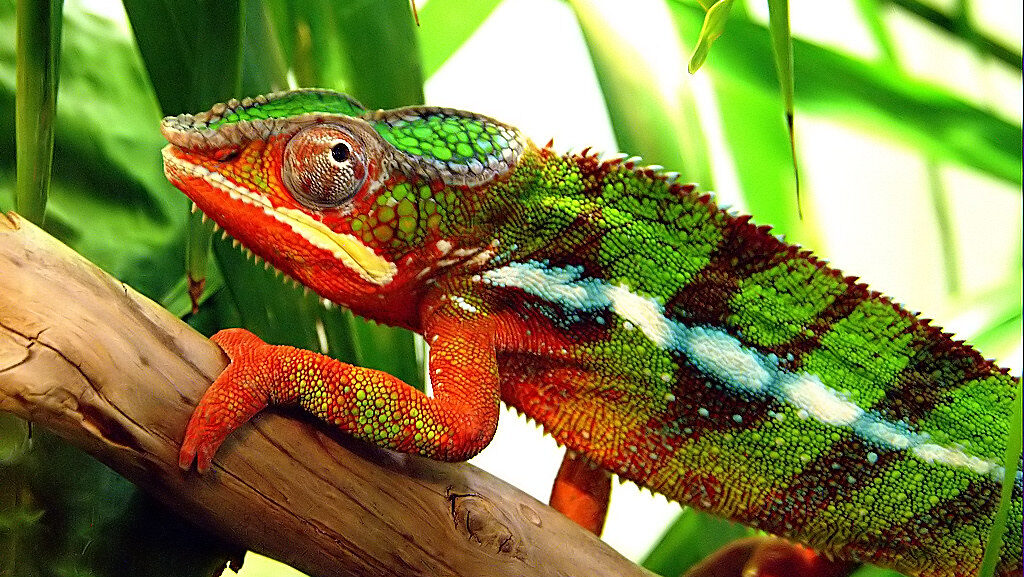
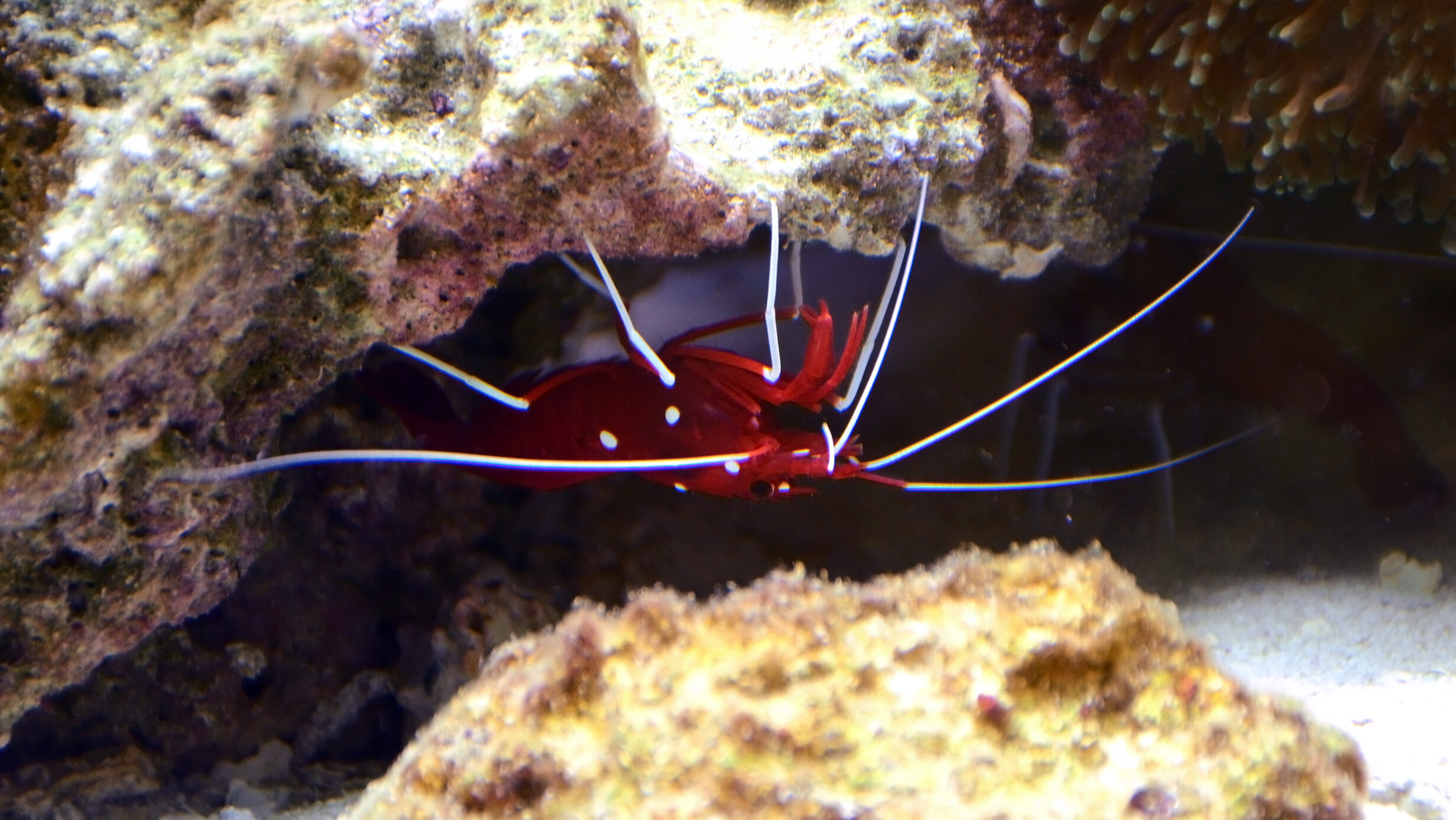
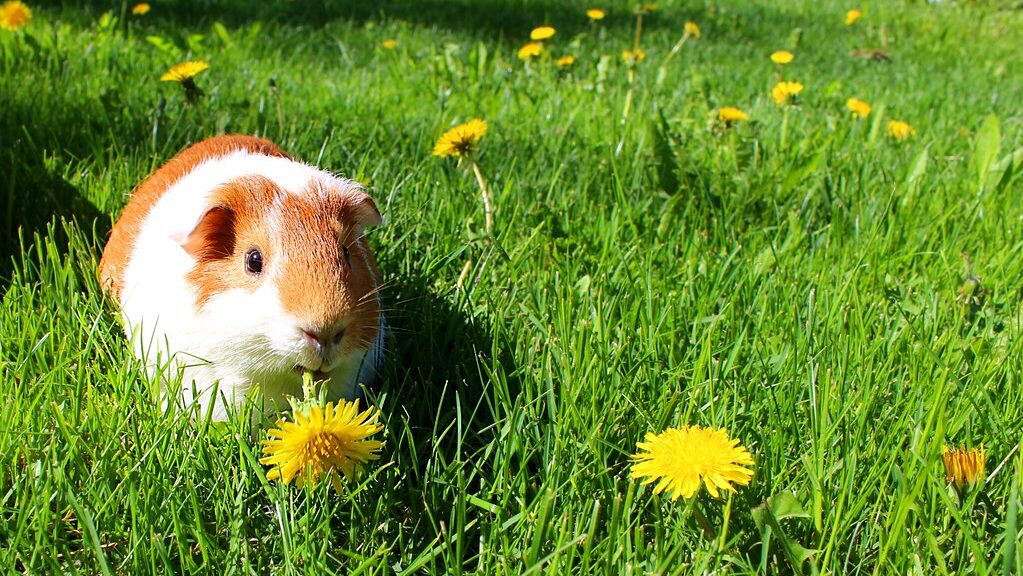
Leave a Reply